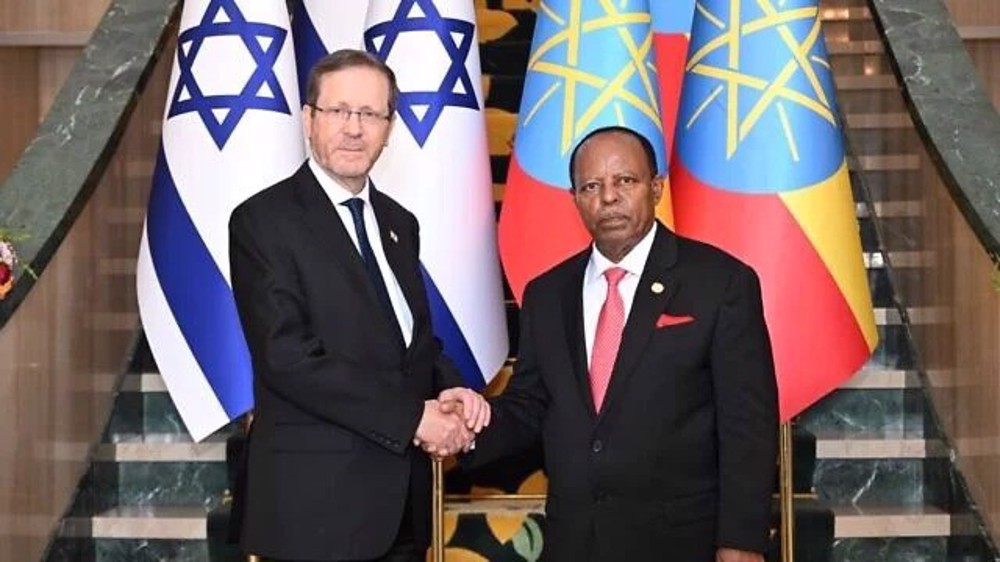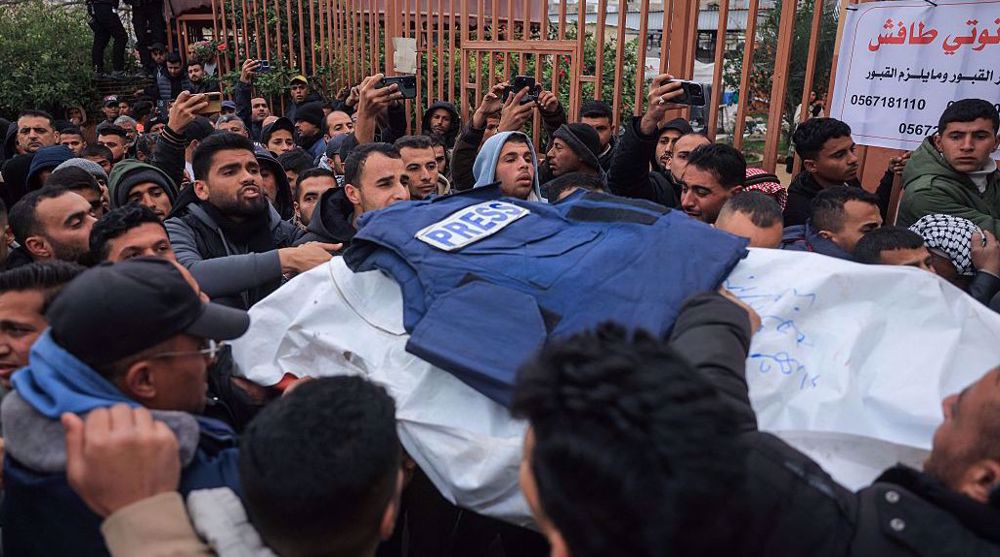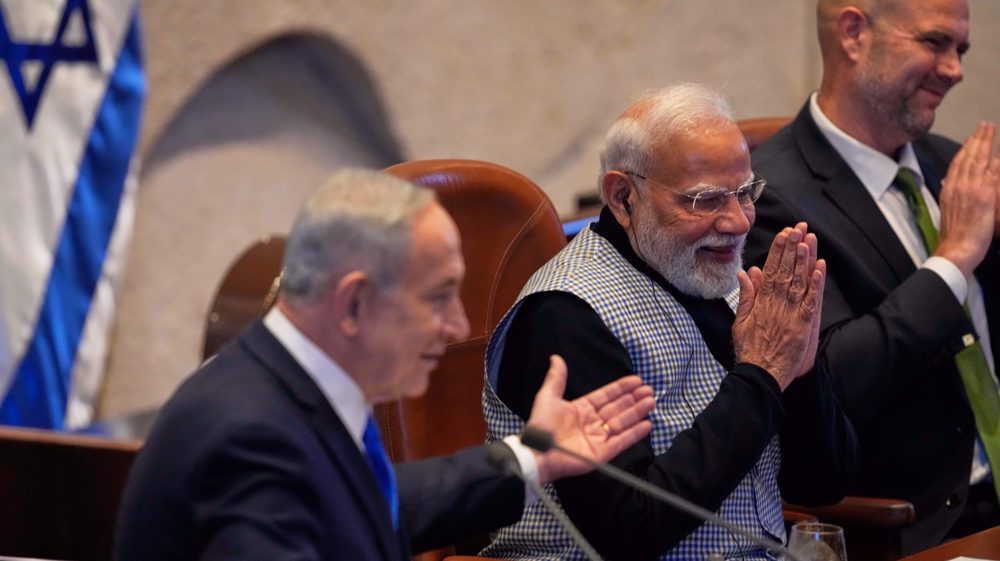Israel expands settlement construction by 17% in 2017: Report
A newly-released report has revealed that Israel expanded its settlement activities by 17 percent in 2017 in defiance of the global condemnation of the illegal move.
According to a report by Israeli anti-settlement group, Peace Now, Israel began construction of 2,783 settlement units in 2017. The figure is 17 percent higher than the annual average since Prime Minister Benjamin Netanyahu came to power in 2009.
Seventy eight percent of the new settlement units are located in the areas which are expected to be evacuated under any potential peace agreement, the report said.
Moreover, 234 units, or 8 percent, are not even authorized by Israel, it added.
"The steady pace of construction and building deep in the West Bank attest to Prime Minister Netanyahu's steadfast abetting of the settlement enterprise," Peace Now said.
"It is also apparent that the new US presidency in 2017 had no marginal deterrent effect on these Israeli unilateral moves," it noted.
Nabil Shaath, a top adviser to Palestinian President Mahmoud Abbas, said the new data proves the fact that Netanyahu is "not interested in peace."
"Netanyahu is continuing his settlement project, enjoying the fact that the US is silent... These numbers are very dangerous. We condemn it, and will continue working politically to stop it," he added.
Less than a month before US President Donald Trump took office, the United Nations Security Council adopted Resolution 2334, calling on Israel to “immediately and completely cease all settlement activities in the occupied Palestinian territories, including East Jerusalem” al-Quds.
According to a detailed plan published on the Israeli Interior Ministry's website, the regime plans to build a total of 102 new housing units at Nigot settlement west of Dura city, located eleven kilometers southwest of al-Khalil (Hebron).
"The goal behind those plans in the al-Khalil area is to connect settlements to establish control over the cities. It is also aimed at geographically disconnecting the Palestinian villages and towns and creating a de facto settler force within the Palestinian occupied territories," Qassem Awwad, from activist group Colonization and Wall Resistance Commission, told Press TV.
About 600,000 Israelis live in over 230 illegal settlements built since the 1967 Israeli occupation of the Palestinian territories of the West Bank and East Jerusalem al-Quds.
Palestinians want the West Bank as part of a future independent Palestinian state, with East Jerusalem al-Quds as its capital.
The last round of Israeli-Palestinian talks collapsed in 2014. Among the major sticking points in those negotiations was Israel’s continued settlement expansion on Palestinian territories.

The news comes as there have been regular anti-US protests by Palestinians in the West Bank and the Gaza Strip since December 6, when Trump declared that Washington recognized Jerusalem al-Quds as the “capital” of Israel and was moving the American embassy from Tel Aviv to the holy city. Many say Trump's move has effectively killed any chances of further negotiations.
The dramatic shift in Washington’s Jerusalem al-Quds policy drew fierce criticism from the international community, including Washington's Western allies, and triggered protests against the US and Israel worldwide.
The United Nations General Assembly later voted by a resounding majority to reject Trump's Jerusalem al-Quds move.
Israel lays claim to the whole of Jerusalem al-Quds, but the international community views the ancient city’s eastern sector as occupied land and the Palestinians consider it their future capital.
Iranian academic sentenced to 4 years in prison in France for supporting Palestine
VIDEO | Press TV's news headlines
Russia: West seeks to repeat past ‘plunder’ of Iran’s oil
Herzog visits Ethiopia to expand Israeli footprint in Africa
VIDEO | Sunni family's legacy of sacrifice inspires unity, solidarity in Iran
VIDEO | Israeli restrictions force World Central Kitchen to halt Gaza meals
Exclusive: China voices support for Iran’s stability amid US threats
Border guards seize weapons, ammo cache from terrorists in southeast Iran












 This makes it easy to access the Press TV website
This makes it easy to access the Press TV website